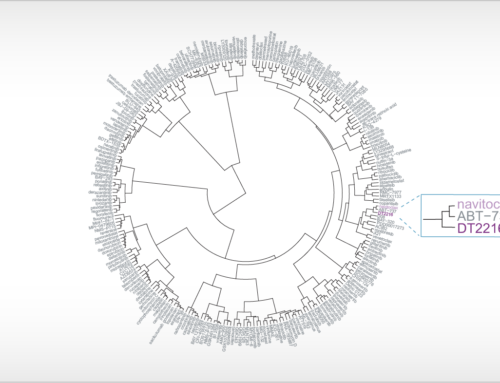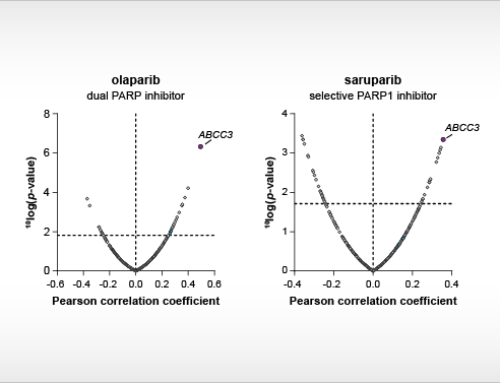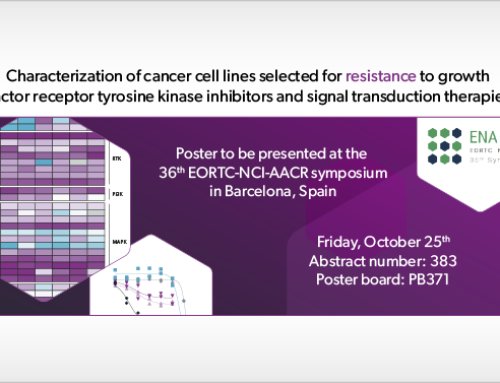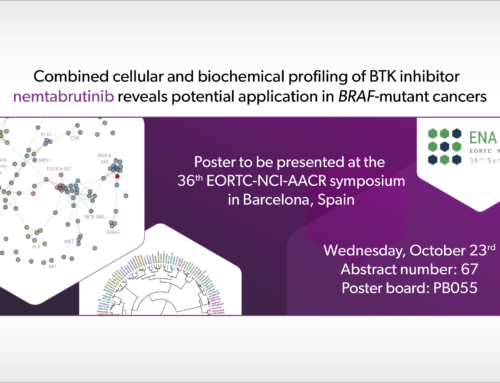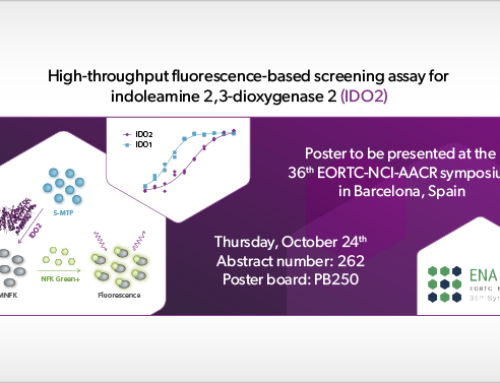Resistance development is all too common in cancer treatment and leads to cancer cells evading targeted therapies.
To better understand how these resistance mechanisms work and in order to help develop new therapies, Investigator Helma Simons–van Riel and her team generated cell lines that acquired resistance to erdafitinib, an inhibitor that targets the fibroblast growth factor receptors (FGFRs) and is being used in the clinic. They then used these cell lines to identify the mechanism of resistance against erdafitinib.
In this webinar, Helma discusses several factors that she and her team discovered that contribute to the development of resistance against erdafitinib. In addition, she discusses other inhibitors they identified as potential therapeutic agents to overcome resistance.
Watch this webinar to learn more about how to unravel the acquired resistance mechanisms against targeted kinase inhibitors.
What You Will Learn:
- The mechanism of resistance to the FGFR inhibitor
- The varied ways that analysis tools such as qPCR and immunoblot, RNA sequencing, gene set enrichment analysis, proliferation assays, and next generation sequencing can offer insight
- Other inhibitors that may be used to overcome resistance against FGFR inhibitors
Speaker
Helma Simons–van Riel, Investigator Biology
 Dr. Helma Simons–van Riel is Investigator Biology at NTRC. Her current focus is on mechanistic cell biology, assay development for proof-of-concept studies, and validation of patient stratification markers and efficacy biomarkers. Helma studied oncology at Amsterdam University. She worked at the Netherlands Cancer Institute and received her Ph.D. in Cell Biology from Utrecht University in 2016, after which she moved to industry.
Dr. Helma Simons–van Riel is Investigator Biology at NTRC. Her current focus is on mechanistic cell biology, assay development for proof-of-concept studies, and validation of patient stratification markers and efficacy biomarkers. Helma studied oncology at Amsterdam University. She worked at the Netherlands Cancer Institute and received her Ph.D. in Cell Biology from Utrecht University in 2016, after which she moved to industry.


